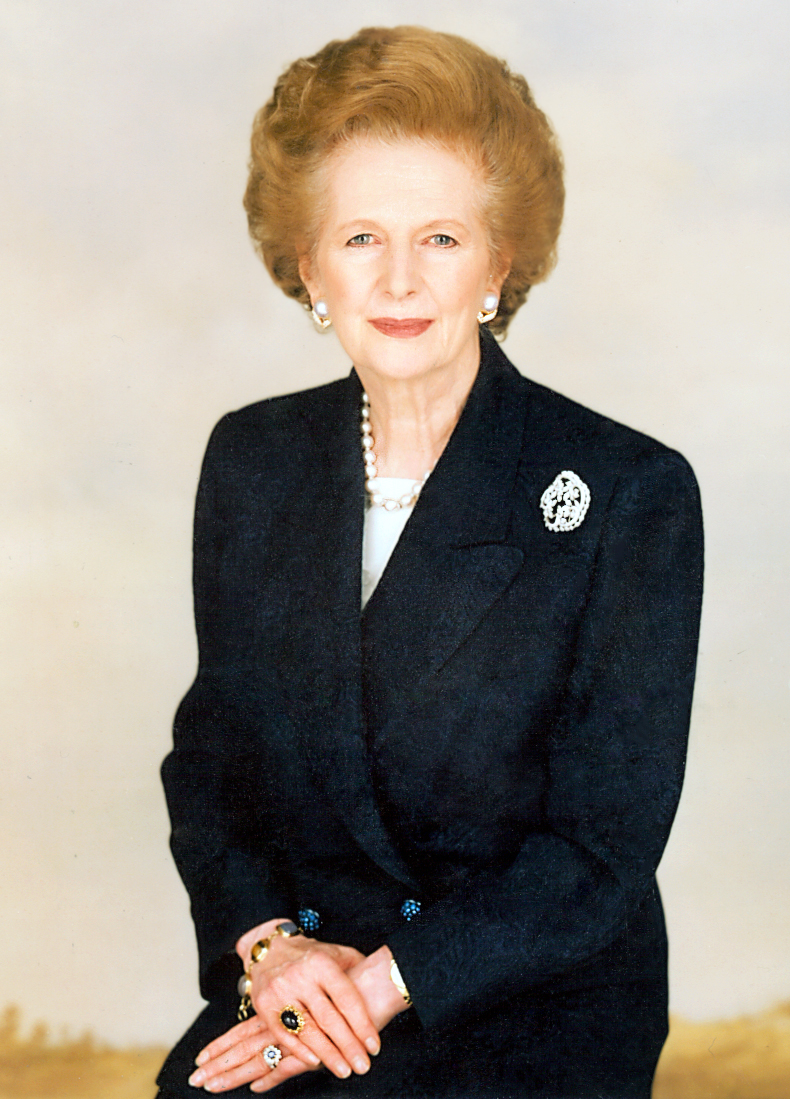Many of the recent posts have had something to do with Anthony Reiner, specifically his moral and psychological weakness.
I’ve been trying to understand the things that are not only hurting Reiner, his psychological weakness, but are also hurting the people around him, his moral weakness. I’ve realised his moral weakness is his persecution of the drug user, implicitly informed by his psychological weakness, an authoritarian personality.
What I haven’t addressed so far is his need.
To paraphrase John Truby, Reiner’s need is what he must fulfil within himself in order to have a better life. I have to admit, I’m having difficulty reconciling Reiner’s need with Adam’s, knowing how their individual needs interact.
The events of Carrion transform Adam from a self-righteous policeman into, what I can only describe as, a caring insurgent. I realise that reads like an oxymoron but essentially that’s what he becomes. By the end he cares about Christine, putting her needs first, for the first time in their relationship, even though what she asks devastates him. From this personal crisis comes his new moral action, he picks up a gun to fight prohibition. The story ends only after he has taken this action, finally making the moral argument against security and for freedom.
What does all this mean when considering Reiner and his need? What must he fulfil within himself in order to have a better life, and how does he argue for security? I think the answer to this question can be found in his authoritarian personality.
In “Reiner and the totalitarian mindset” I noted Alfonso Montuori’s characterisation of the totalitarian mindset as a response to the stress of contemporary pluralism. Basically we live in complex times, full of uncertainty, and feel threatened. Backed into a corner we have a tendency to succumb to black-and-white solutions.
When I translate this back to Reiner, it indicates a course of action. Adam’s refusal to kill Christine turns Reiner’s reality upside down. Until this point he considered Adam a protege, and so perceives his refusal to kill Christine as nothing short of a treasonous betrayal. He has a psychological need to restore order, return Adam to the fold. Unable to make that happen, he has a moral need to destroy him.
Reiner’s attempts to enforce prohibition are his attempts to make the moral argument against freedom and for security. The punch, counter-punch, of antagonist and protagonist play out as Adam and Reiner fight over the kind of world they will live in.
Reiner’s argument for security is crushed by Adam’s argument for freedom. If this were Reiner’s story instead of Adam’s, the argument for security would crush the argument for freedom.
One final thing. At some point I will have to turn all of this conjecture into a screenplay, but until I’m clear about each character that seems like a folly.

